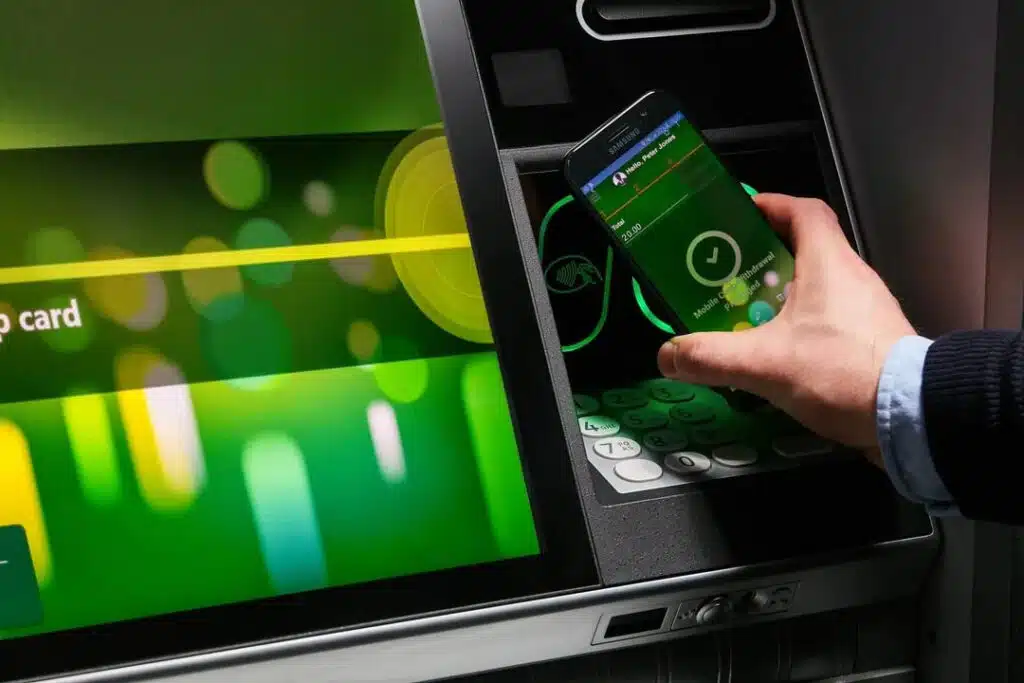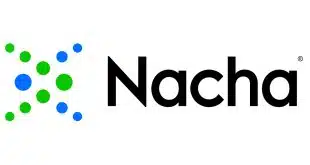Leading ATM manufacturer NCR Corp. took a big step Monday toward its goal of splitting into two independent companies with the filing of a registration statement for the spin-off of its ATM business.
After a strategic review that included the possible sale of the entire company, Atlanta-based NCR announced the pending split last September, with both companies being publicly held. The spinoff, tentatively dubbed NCR ATMCo, will include the slower growing ATM business while the parent will focus on high-growth digital commerce. NCR expects to complete the spinoff in the fourth quarter.
In a statement, NCR said “the ATM company will be a cash-generative business positioned to focus on delivering ATM as a Service to a large, installed customer base across banks and retailers. It will build on NCR’s leadership in self-service banking and ATM networks to meet global demand for ATM access and leverage new ATM transaction types, including digital currency solutions, to drive market growth. The company will also continue shifting to a highly recurring revenue model to drive stable cash flow and capital returns to shareholders.”
The digital-commerce company will retain NCR’s self-checkout and other retail-sector technology, while the “ATM company will retain everything ATM-related,” an NCR spokesperson tells Digital Transactions News by email.

Based on NCR’s recent financial reports, the ATM spinoff will take more than half the existing company’s revenues. NCR reported total revenues of $7.84 billion last year. If it were independent in 2022, the spinoff company would have had $4.13 billion in revenues, with $1.1 billion, or 27%, coming from product sales and $3.03 billion, or 73%, from services, according to NCR’s new filing with the Securities and Exchange Commission.
The ATM business had net income of $108 million in 2022 compared with $186 million in 2021 and $191 million in 2020, the filing says.
“We believe we are the largest global provider of self-directed banking units, including both owned and managed ATMs and other kiosks,” the filing says. “As of Dec. 31, 2022, based on internal company data, we owned and operated approximately 85,000 units, managed/serviced approximately 700,000 units, and reached a broad network of financial institutions and retailers through the Allpoint network.”
NCR gained control of the Allpoint surcharge-free network when it acquired the big retail and bank ATM network provider Cardtronics plc for $2.5 billion in 2021.
The new filing says NCR ATMCo’s business and growth strategy will focus on increasing transaction levels at existing locations, expanding its footprint in retail and bank locations, investing in financial technology and product development, shifting traditional ATM business to an ATM-as-a-Service model to generate more recurring revenue, and growing Allpoint, which has 55,000 ATMs.
The spin-off also plans to keep its eye on possible acquisitions and continue expanding abroad. NCR ATMs are deployed in 65 countries, and the company generated 55% of its revenues outside the U.S. in 2022, according to the filing.
NCR shareholders will receive a yet-to-be determined number of shares in the spinoff company for each NCR share they own. NCR ATMCo will be led by Tim Oliver, currently NCR’s senior executive vice president and chief financial officer.
It’s too early to tell whether NCR’s plan will be successful for both the spinoff and the parent company, according to ATM consultant Sam M. Ditzion, president and chief executive of Boston-based Tremont Capital Group Inc. “Their goal was simple. They believed the company in parts was worth more than a single company as a whole in terms of shareholder value. We’ll see if that is correct,” Ditzion tells Digital Transactions News.
NCR’s filing comes less than a month after one of its major ATM competitors, Diebold Nixdorf Inc., said it planned to file for Chapter 11 bankruptcy protection under a pre-arranged plan with its creditors. Ditzion says the company was weighed down by debt following Ohio-based Diebold Inc.’s 2016 acquisition of Germany-based Wincor Nixdorf AG as well as integration issues and supply-chain problems in the wake of the Covid-19 pandemic.





